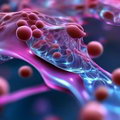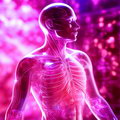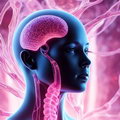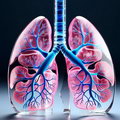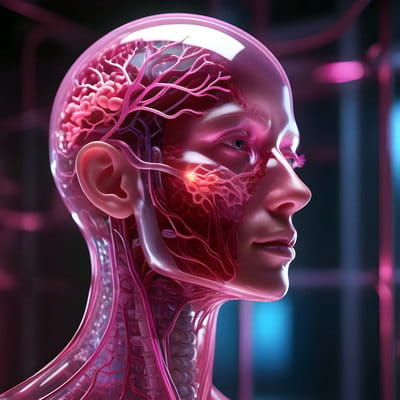
Stroke is a leading cause of death and disability worldwide. Recently, there has been increased interest in regenerative medicine as a potential approach to stroke rehabilitation and recovery. This innovative field focuses on using the body's healing mechanisms to restore damaged tissue and lost function. Strokes occur when the blood supply to the brain is disrupted, either by a blockage (ischemic stroke) or a burst blood vessel (hemorrhagic stroke). This interruption starves brain cells of oxygen and nutrients, causing them to die. As a result, the affected individual may experience a range of symptoms, depending on the area of the brain affected. These can include paralysis, difficulty speaking or understanding language, memory loss, and changes in behavior.
Stroke rehabilitation has traditionally focused on helping patients recover lost functions through physical, occupational, and speech therapy. Although these interventions were found in individual analyses, many did not avoid long-term deficits and disabilities. This has prompted clinicians to explore alternative strategies, such as regenerative therapies.
Regenerative therapy can induce angiogenesis, the formation of new blood vessels, in the brain. This process helps improve blood flow to the affected area, providing essential nutrients and oxygen for tissue repair. Additionally, regenerative therapy promotes neuroplasticity, the brain's ability to reorganize and adapt, allowing for the development of new neural pathways and the recovery of lost functions.
Inflammation and oxidative stress are common processes that occur after a stroke and can further damage brain tissue. Regenerative therapy aims to promote anti-inflammatory responses, reducing inflammation and minimizing the negative impact on the brain. Additionally, these therapies can reduce oxidative stress, which occurs when there is an imbalance between the production of free radicals and the body's antioxidant defenses. By addressing these factors, regenerative therapy supports a more favorable environment for brain healing and recovery.
Regenerative stroke therapy represents a paradigm shift in stroke rehabilitation, providing the promise of improved outcomes and recovery. Although there is still much to explore, this is an exciting area in stroke planning. With continued analysis, regenerative therapies have the potential to revolutionize stroke rehabilitation and restore function and quality of life to millions upon millions.
